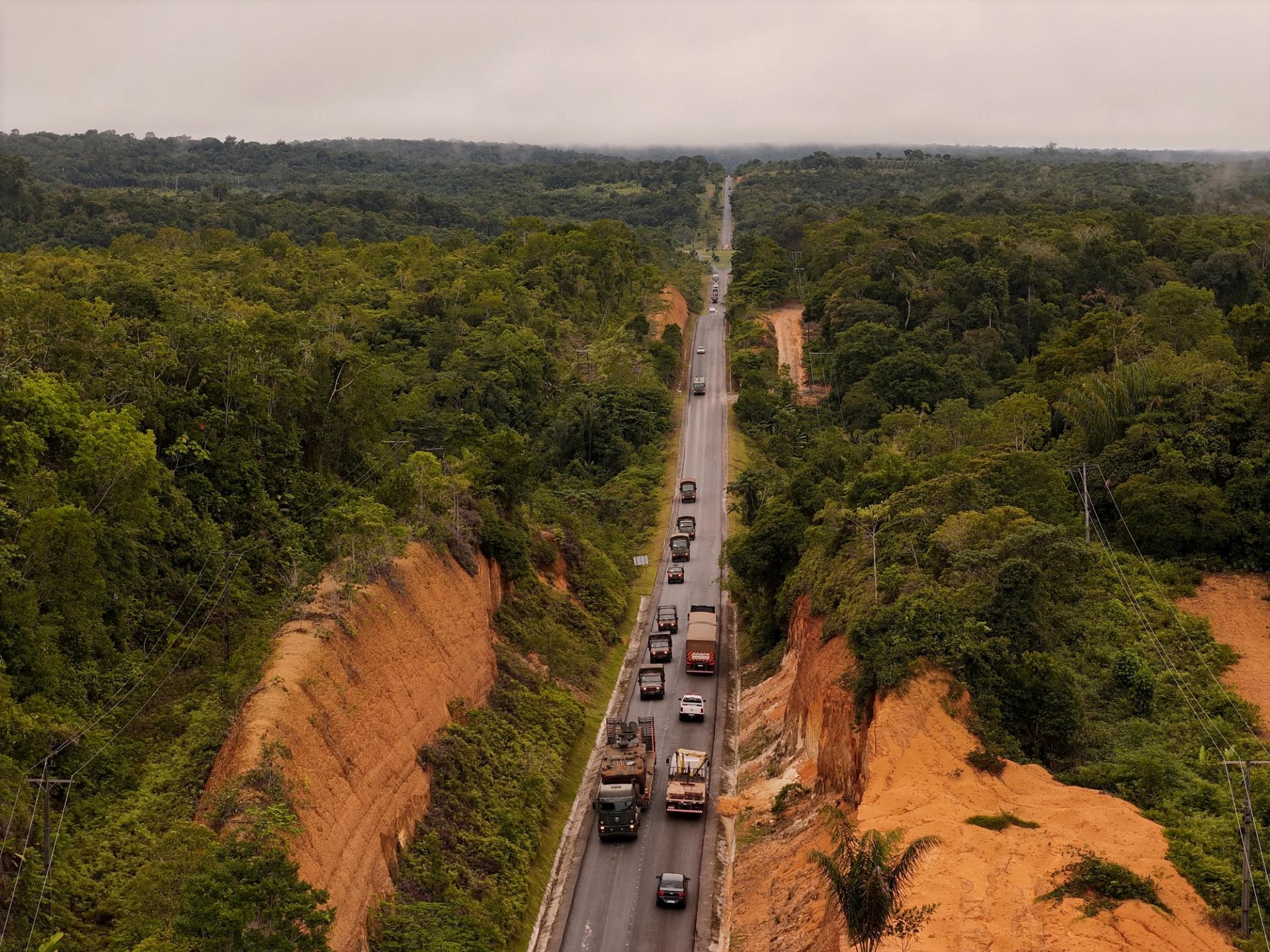The News
Venezuela’s troop buildup along its border with Guyana is a breach of international law, Guyana’s Foreign Minister Hugh Todd told the Financial Times Tuesday.
“We are following the rule of international law, Venezuela is violating it,” Todd said.
His comments came after satellite images showed that Venezuela was bolstering its military presence near the Essequibo region — an oil-rich part of Guyana that Venezuela has historically claimed as its own. A referendum in Venezuela last year overwhelmingly voted in favor of annexing Essequibo, but only a fraction of the population actually voted.
While the buildup signals a significant military escalation since the annexation vote, analysts are unconvinced that Venezuelan President Nicolás Maduro actually plans to invade Guyana.
SIGNALS
Venezuela’s invasion of Guyana would likely fail, but ‘accidents’ could exacerbate tensions
Caracas’ military buildup along the border is insignificant compared to other aggressions like Russia’s invasion of Ukraine, but it is enough to put South America on edge because neighboring countries are wary of war on the continent. Maduro is using the military threat to “distract attention away from his domestic difficulties,” World Politics Review columnist James Bosworth wrote, noting the leader’s broken promises from last year’s Barbados Agreement that aimed for more electoral transparency in Venezuela. The region would rather avoid war than push Maduro to uphold his end of the deal. There isn’t so much a danger from an invasion, which is “doomed to fail,” but from an accident that could lead “to a slippery slope of conflict,” Bosworth wrote, imagining scenarios such as the Venezuelan military mistakenly killing a members of an oil ship crew in Guyanese waters. To prevent such accidents from escalating into outright invasions, it is important to keep negotiating and communicating with Maduro even if he is unlikely to abide by any agreements, Bosworth argued.
Guyana is seen as the ‘new Dubai’ but locals worry about being excluded from oil wealth
ExxonMobil — which has long attracted Maduro’s anger after it ceased its Venezuela operations and shifted focus to Guyana — has said it would begin exploring for oil off the Essequibo coast, risking further provocation with Maduro. While the energy giant has made several “significant” oil discoveries in Guyana over the last several years, Exxon has largely not shared the details of those findings with the Guyanese public, argued an editorial in local newspaper Kaieteur News. Many locals feel they are “treated like children, as if there are some things that must be kept from them for their own good,” and worry that Exxon will exploit their resources without equitably sharing the wealth, the editorial said. Exxon has already been accused of working closely with corrupt Guyanese mining magnates involved in the drug trade who reportedly have close ties to the government. But as Guyana becomes a global oil hub, the immediate benefits to its economy are undeniable, with some calling it “the new Dubai of the region,” the BBC reported. Multinational corporations are flooding the country and building new malls and hotels, with China in particular investing heavily in transport infrastructure and hospitals.
Cuba is choosing to remain neutral in hopes of benefiting from Guyana
Cuba — a close ally of the Maduro regime — has remained notably silent over the border conflict and has instead played the role of a mediator, which experts told Voice of America could be because of historical, ideological, and economic reasons. Havana has long been opposed to imperialism, and it condemned Venezuelan “expansionism” when the Essequibo debate was raging in the mid 20th century. But beyond political ideology, Cuba is also hoping to “manage energy and mineral resources in the disputed area,” one analyst told VOA, given Cuba’s strong economic ties to Guyana.

